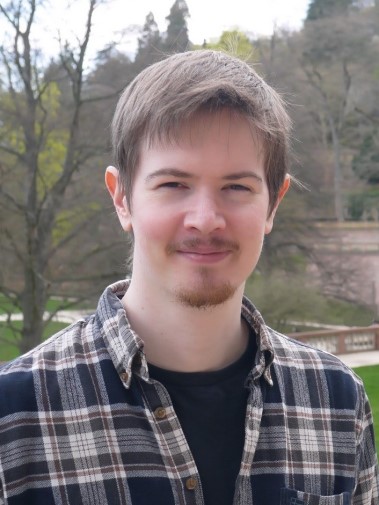

Short Bio
I'm a scientist and physician, interested in neurobiology, theoretical biology and in developing technologies to improve human health.
Previously, I have conducted research in molecular neurobiology, biophysics and synthetic life engineering at the University of Heidelberg and the Max Planck Institute for Medical Research Heidelberg, and have held fellowships from the German Research Foundation and the Leo Eloesser Foundation.
I received my medical doctorate (Dr. med.) summa cum laude from the University of Heidelberg, Germany (supervisors: Prof. Hilmar Bading and Prof. Andreas Draguhn) and studied medicine at the Universities of Heidelberg and Munich. Google Scholar
Learning and memory in living systems
I am interested in how living systems at different levels of complexity can learn and form long-term memories. I propose that molecular engrams are universal environmentally-modifiable determinants of biological phenotypes. Maladaptive memories can serve as substrates for pathological phenotypes in a variety of human diseases.
Lissek 2025, Learning and memory in molecular networks, Biochem Biophys Res Commun
Lissek 2024, Cancer memory as a mechanism to establish malignancy, BioSystems
Lissek et al. 2021, Npas4 regulates medium spiny neuron physiology and gates cocaine-induced hyperlocomotion, EMBO Rep Press: MedicalXpress
University of Heidelberg
Physiological enhancement
I'm currently devising ways to enhance human physiological performance to improve health.
Lissek 2024, Enhancement of physiology via adaptive transcription, Pflugers Archiv
Lissek 2022, Methods to construct biological neural circuits, Preprint
Adaptation and maladaptation
I have constructed the adaptation-maladaptation theory of aging (AM-theory) which states that certain biological mechanisms (e.g. adaptive transcription, metabolic plasticity) which the organism uses to deal with stressors, act as stressors themselves over time and cannot be effectively counteracted (the "adaptation-maladaptation dilemma").
I have also proposed the concept of cancer memory as a basis for oncogenesis.
Lissek 2025, Maladaptation diseases as disorders of goal state integration and intraorganismal individuation, Biosystems
Lissek 2024, Aging as a Consequence of the Adaptation-Maladaptation Dilemma, Adv Biol
Lissek 2024, The universal role of adaptive transcription in health and disease, FEBS J
Lissek 2023, Aging, adaptation and maladaptation, Front. Aging
Lissek 2022, Activity-dependent induction of younger biological phenotypes, Adv Biol
Neural substrates of conscioussness
As an undergraduate student, I have leveraged two-photon calcium imaging in living mice to dissect the neural underpinnings of conscioussness.
Lissek et al. 2016, General anesthetic conditions induce network synchrony and disrupt sensory processing in the cortex, Front. Cell. Neurosc. Press: MedicalXpress.
Neurogenomic computing
I proposed a new concept for biological computation termed neurogenomic computing. It leverages natural and synthetic interfaces between neuronal membranes and the genome.
Lissek 2017, Interfacing neural network components and nucleic acids, Front. Bioeng. Biotechnol.
Scientific collaboration
In the past, I have been active in fostering international scientific collaboration with The Science Bridge.
Lissek et al. 2017, Building bridges through science, Neuron.
Times Higher Education, 2017